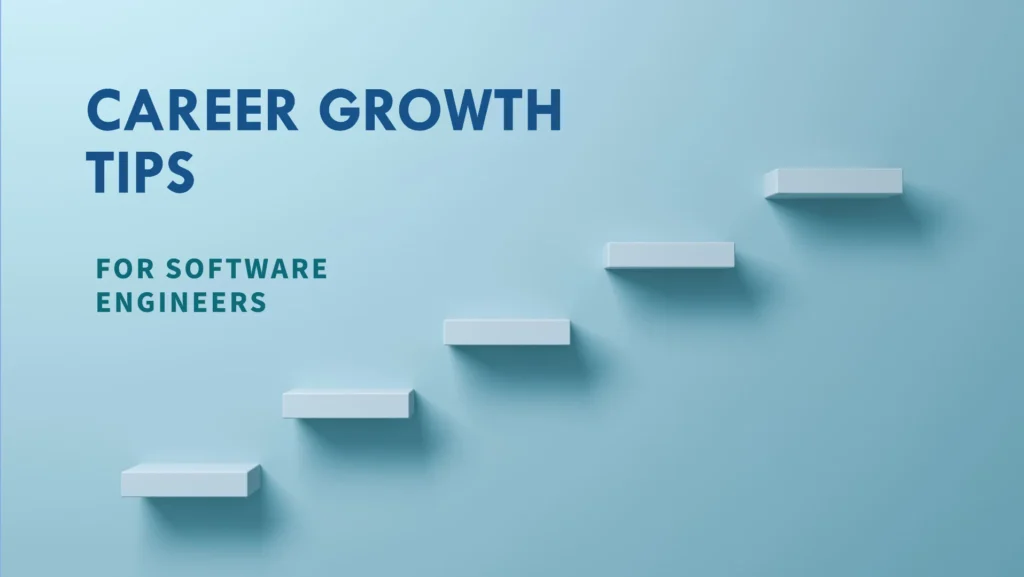Many software engineers reach a point in their careers where they start questioning their direction. Maybe you’ve worked hard to land a comfortable job with good pay and work-life balance, but something feels off. The excitement you once had for building things—whether for fun or profit—is gone, replaced by the grind of staying competitive, learning new skills, and doing work that feels like “just paying the bills.”
If this resonates with you, you’re not alone. Many software engineers face this crossroads, wondering whether to keep climbing the ladder, pivot to something new, or find another way to reignite their passion. Let’s break this down and explore your options.
Redefining Success
When you first started in software engineering, your idea of success might have been simple: build cool things, learn new skills, and make good money. But as your career progresses, your goals often evolve. It’s important to step back and ask:

- What does fulfillment look like to me now?
- Is it autonomy? Financial freedom? Impact? Creativity?
- Do I want to keep climbing the corporate ladder, or does something else excite me?
Take time to reflect on these questions. You might find that your definition of success has shifted, and that’s okay.
Should You Keep Job-Hopping?
Job-hopping is a common strategy in tech to gain new skills, increase income, and grow your career. However, it’s worth considering whether this will truly solve your problem. While switching companies might give you a pay bump or more interesting projects, it won’t necessarily address deeper issues like lack of passion or burnout.
Instead, ask yourself:
- Would a role with a better engineering culture or meaningful projects make a difference?
- Is it the company/role, or is it the field itself that feels unsustainable?
If your dissatisfaction is more about the work itself than your employer, job-hopping might only be a temporary fix.
Building Your Own Product
For many software engineers, the dream of building their own product or business looms large. After all, creating something you’re passionate about while achieving financial independence is incredibly appealing. But let’s be honest: it’s not easy.
That said, it’s not impossible either. Here’s how to make it more manageable:
- Start small: Treat it as a side project first. Don’t quit your job until you’ve validated your idea.
- Focus on what you know: Use your expertise to solve a problem you deeply understand.
- Test the market: Build a minimum viable product (MVP) and gather feedback before scaling.
Success stories often come from persistence and iteration, not overnight breakthroughs. Even if your first idea doesn’t take off, you’ll gain valuable experience and insights.
Explore Alternative Career Paths
If you’re feeling burnt out or uninspired, it might be time to consider adjacent career paths that leverage your skills in new ways. Here are a few options:
- Mentorship/Teaching: Share your expertise by mentoring junior developers or teaching coding bootcamps. This can be deeply fulfilling and rewarding.
- Freelancing/Consulting: Enjoy more autonomy and flexibility by working on diverse projects as a freelancer or consultant.
- Product Management: Transition into a role where you influence product direction without being the one to write all the code.
- Technical Writing/Content Creation: If you enjoy explaining concepts, consider creating educational content, blogs, or tutorials.
- Entrepreneurship in a related field: Build tools or platforms that support developers or other industries you’re passionate about.
These paths still rely on your software engineering background but can offer a fresh perspective and new challenges.
Create Sustainable Career in Tech
Sometimes, you don’t need a radical career shift but rather a more sustainable approach to your current work. Here are some ideas:
- Seek meaningful projects: Even within your current role, there might be opportunities to work on initiatives that excite you. Talk to your manager about your interests.
- Plan your growth intentionally: Focus on learning skills that genuinely excite you, not just what’s trending.
- Prioritize work-life balance: Don’t feel guilty about staying in a job that’s secure and comfortable while you explore your next steps.
Remember, it’s okay to prioritize stability while figuring things out. Not every move has to be bold or dramatic.
See Broader Impact of Your Work
Feeling like you’re “just building other people’s ideas” can be discouraging, but your work likely has more impact than you realize. Even if it’s not your ultimate dream, it could be laying the groundwork for what comes next. Every experience—whether good or bad—teaches you something valuable.
Final Thoughts
Feeling stuck in your software engineering career doesn’t mean you’ve hit a dead end. It’s an opportunity to reassess what you truly want and take intentional steps toward it. Whether that’s finding a more fulfilling role, starting a side project, or exploring a new career path altogether, the key is to stay curious and proactive.
You don’t have to have all the answers right away. Start small, experiment, and give yourself the freedom to evolve. Your career is a journey, not a destination.